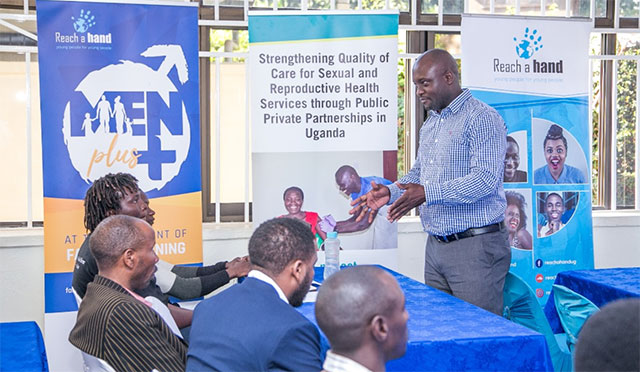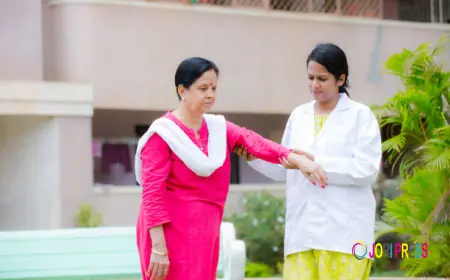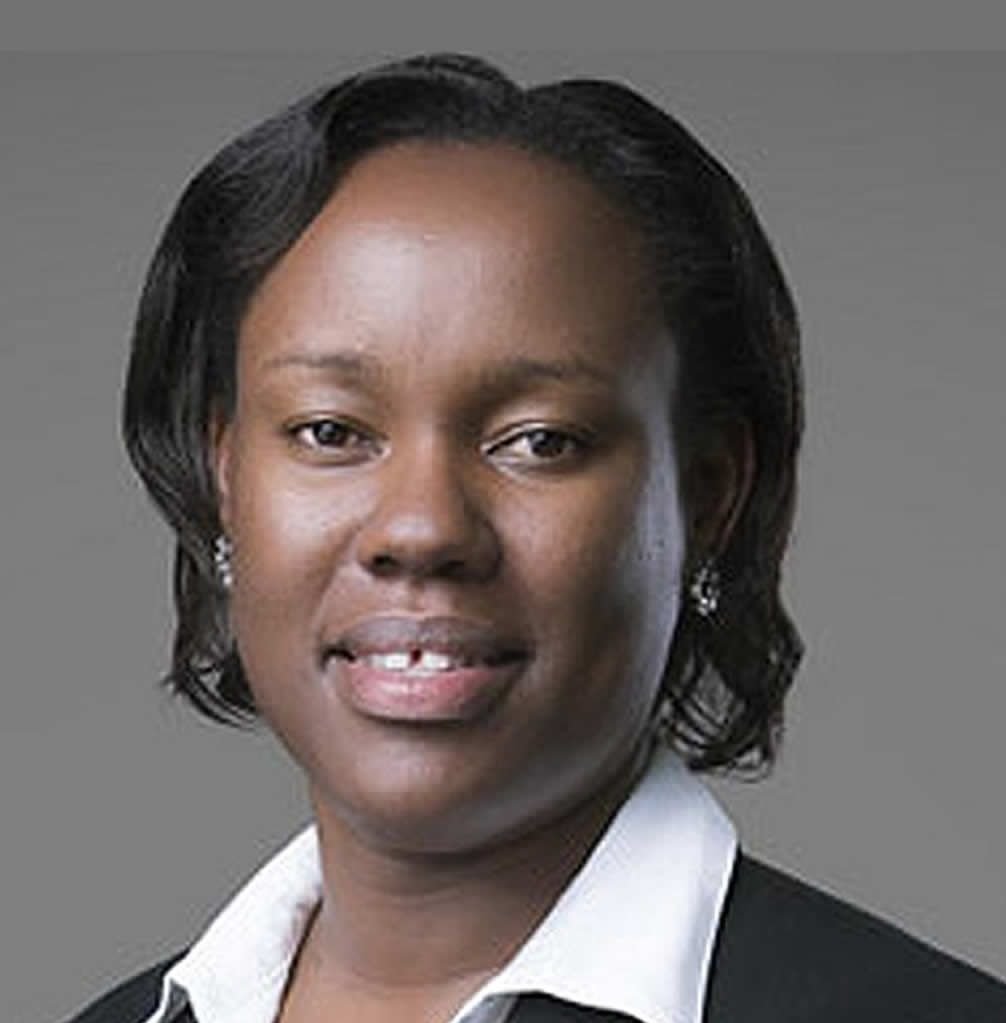Low male involvement in family planning continues to undermines progress


COMMENT | RAHU | Across the world, the burden of family planning has historically been placed on women. Cultural and societal norms often position men as the ultimate decision-makers in households, leaving women with limited voice in determining family size or accessing reproductive health services. This imbalance not only undermines women’s autonomy but also slows progress toward equitable health outcomes.
In many African contexts, deeply entrenched gender norms reinforce the expectation that women alone should regulate childbirth through modern contraceptives. Men, despite being key decision-makers, are often sidelined as passive observers rather than engaged participants. In Uganda, this dynamic has resulted in women carrying the heavier responsibility of contraceptive uptake, stigma, and health risks, while men continue to control decisions about family size, finances, and healthcare.
It is this gap that the MenPlus Project sought to address. Launched in 2019 by Reach A Hand Uganda (RAHU) in partnership with Reproductive Health Uganda, private clinics, and with funding from the Erik E. and Edith H. Bergstrom Foundation, the initiative set out with a transformative mission: to position men not as bystanders, but as users, partners, and champions of family planning.
Five years of impact
Now, five years on, MenPlus has demonstrated that male engagement in family planning yields tangible results. By June 2024, the project had facilitated 668 vasectomies, 870 bilateral tubal ligations (BTLs), and thousands of implants, IUD, and injectable insertions. These interventions helped avert an estimated 2,334 unintended pregnancies, 688 abortions, 524 unsafe abortions, and 60 maternal and child deaths.
Despite these achievements, uptake of male-cantered contraceptives remains low in Uganda. Vasectomy, for example, accounts for just 0.6% of the national method mix. Persistent myths around sexual performance, masculinity, and virility, coupled with limited access in rural areas due to a shortage of trained providers, remain significant barriers.
Shifting perceptions
Encouragingly, MenPlus has recorded noticeable shifts where interventions were implemented. Men are increasingly debunking myths, supporting their partners, and demonstrating that family planning is a shared responsibility. Peer testimonies — especially from men who have undergone vasectomies and their partners — are playing a critical role in building trust and countering misinformation.
The project’s community-cantered approach has also been a game changer. Moving beyond traditional health settings, MenPlus engaged men in unconventional spaces such as sports grounds, bars, communal cleaning sessions, and board game gatherings, sparking open conversations about contraception in comfortable and relatable environments.
The MenPlus Project has proven that when men are informed, engaged, and empowered, family planning outcomes improve not only for women but for entire communities. Uganda’s journey toward Vision 2040 and universal health coverage depends on dismantling cultural, structural, and financial barriers that limit male participation.
Family planning is not just about preventing pregnancies — it is about protecting futures, saving lives, and ensuring shared responsibility between women and men.
On the World Contraceptive Day today , the call is clear:
- Men must step forward as equal partners in family planning.
- Communities must celebrate responsible men who make informed choices.
- Policymakers must prioritize and invest in male-cantered initiatives.
Scaling for change
The MenPlus experience underscores the urgent need for scale. While progress has been made, traditional outreach alone cannot dismantle cultural and structural barriers. The project recommends:
- Creative community engagement such as cinema screenings (Kwiso Mu Cinema), storytelling, and integration of messages into popular activities to make discussions relatable and stigma-free.
- Expanding provider capacity, especially in rural areas, to improve access to male-cantered family planning services.
- Replicating successful models, such as the RAHU Mbarara Clinic’s transformation into a Vasectomy Center of Excellence, which combines service delivery with powerful personal testimonies.
- Harnessing media, particularly radio, through talk shows, dramas, and jingles, to sustain national conversations about men’s role in family planning.























































